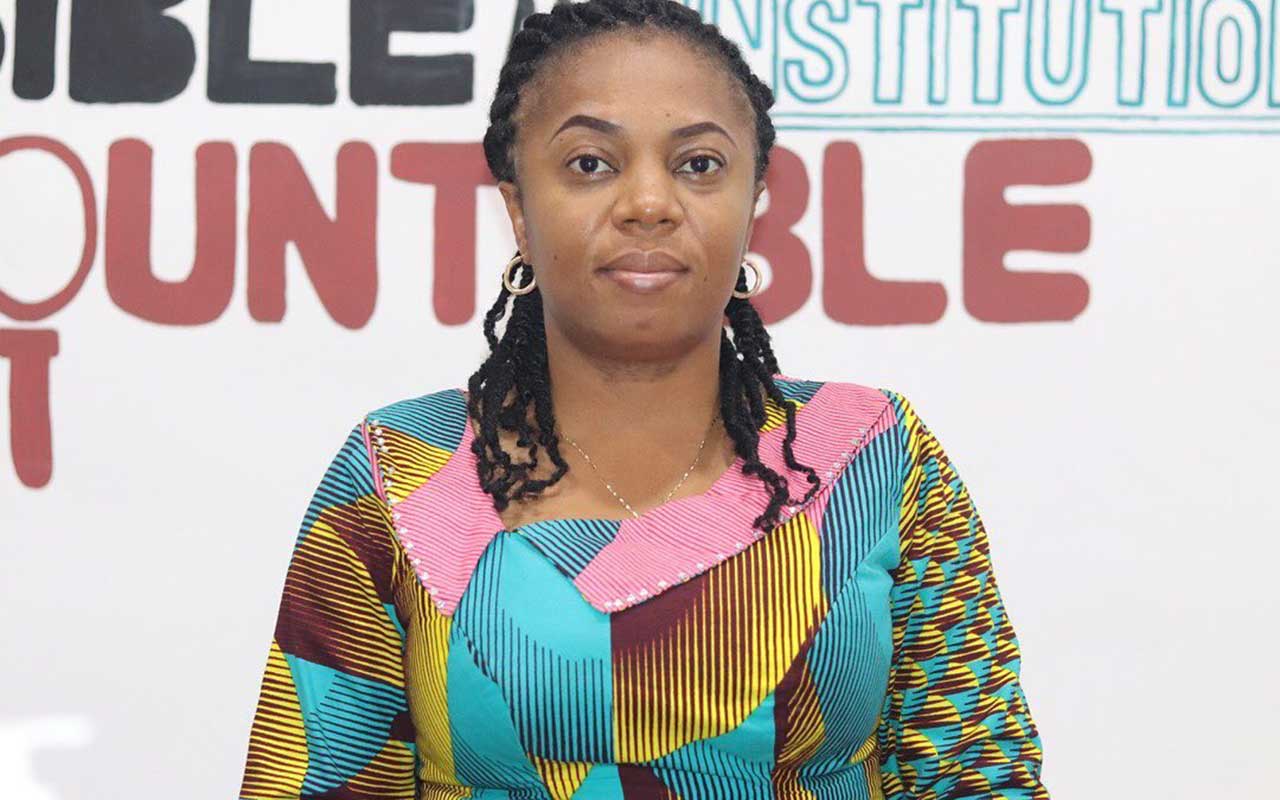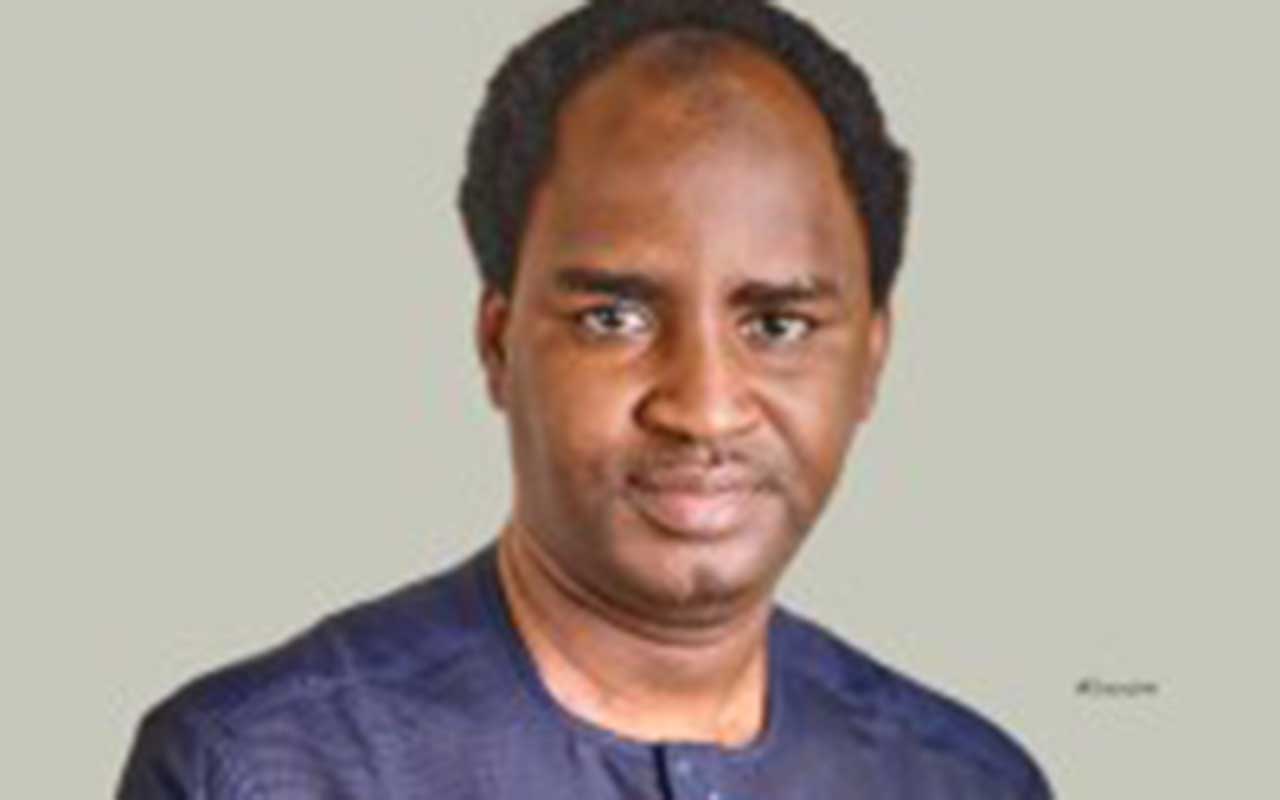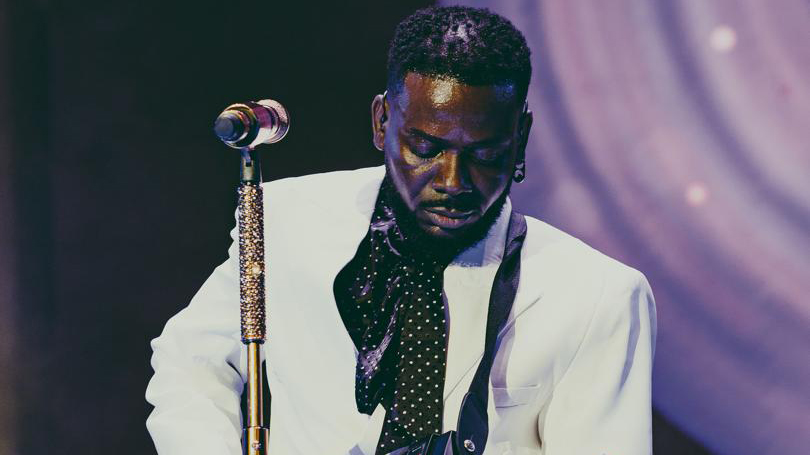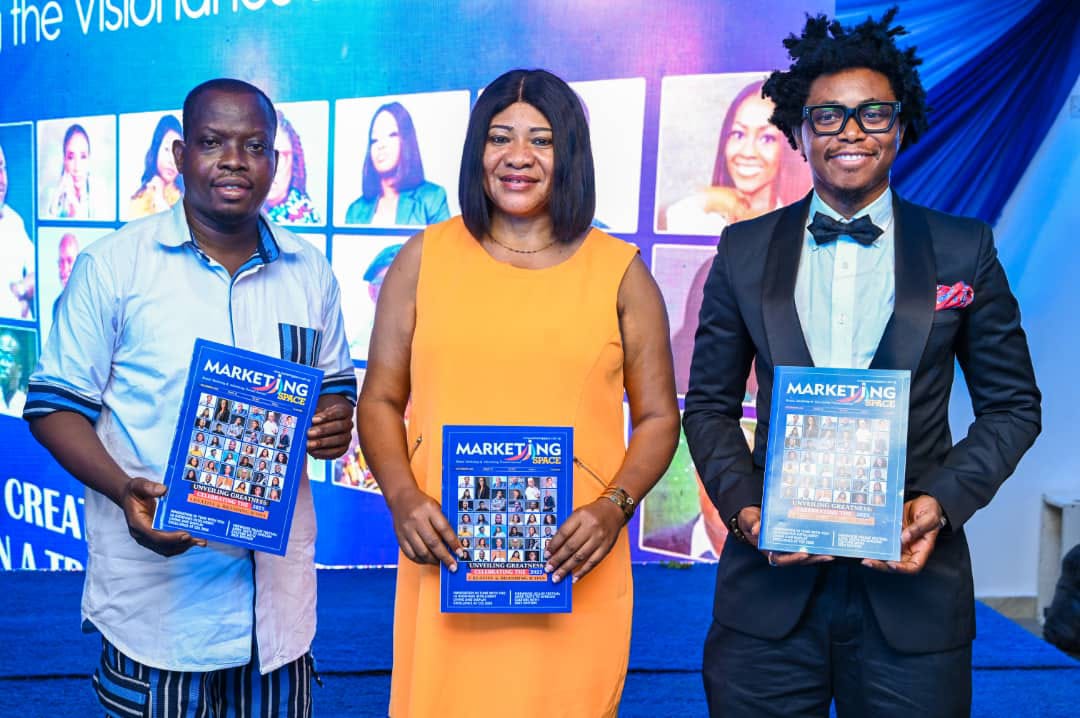
They also stressed the need for collaboration with civil societies and donor agencies such as the MacArthur Foundation and WSCIJ.
Moderated by Abenmire Adi, a journalist at Hit FM Calabar, Cross Rivers State, the panelists include, founder/ Editor-In-Chief, African Newspage, Adam Alqali, and Programme Officer at Progressive Impact Organisation for Community Development Adaobi Obiabunmuo. The conversation was held on X Spaces.
With the theme: “The media’s influence on Nigeria’s cycle of outrage and engagement apathy,” the participants observed journalism is not dying, but the business of journalism is having issues. They however observed this development is not a Nigerian issue but a global challenge.”
According to Alqali, the role of media in shaping societal issues is very important, adding journalists must report issues from impartial perspective.
Saying advocacy journalism is important, he suggested media professionals must go beyond reporting but must become active participants in the conversation. He added they must also follow up on stories.
To him, “the old business models is dying, in terms of content distribution and funding. New media has disrupted the models. Media houses must diversify revenue base. Another area is collaboration with civil societies in order to get grants. With donor funded journalism, we can do sustained works. Media organisations can also organiase events in order to generate funds.”
On her part, Obiabunmuo identified funding and ownership challenges as issues affecting journalists. To her, the media lacks funding and another challenge is ownership.
She said, “politicians are taking over the media and they have interest to protect.”
Describing media as oxygen at which democracy thrives, she added, “If they are not well funded, they will sell themselves to the government. If journalists are not well funded, politicians may have influence on their reports. For us in broadcasting when conducting investigation, we reach out to MacArthur Foundation for funding and we have had some food successes. Journalists are trying to expose what government is hiding, so they will come after you. As I tell people, as a journalist, make sure you have a device that you document your evidence. In law suit, it is evidence that will prove your innocence and if you don’t have evidence, they may win the case against you.’

Saying journalists are not antagonists, but partners in progress, she further suggested, “you must stay with your facts and balance your reports, if you do all these, it will be difficult for the government to come after you. As journalists, we are whistle blowers. We must advocate whistle blower protection law is in place. There must not be decline in public trust. Members of the public hold us in high esteem. If Nigeria works, it works for everybody. Because at the end of the day, we are all working towards a Nigeria that everyone will be proud of.”
For all stories reported, Obiabunmuo added there must be dedicated desk to follow up on stories.
In conclusion, Alqali advised, “journalists must see themselves as advocates. Mental health is also a serious issue for journalists. They must get mental health support. Media funders should see how they can help in the area of mental health support for journalists. Journalists must also relate figures with real life issues so that citizens can connect with the story.”
Concerning challenges of the new media, he noted, ‘journalism will always be relevant because of the values it provides. Social media will never replace journalism. But in order to remain relevant, we have to innovate. We can use Tiktok and Instagram in distribution of content. If you rely on the old format, you may not get the audience attention you require. For journalism to continue to serve the society, it has to evolve and innovate. We must create contents that will grab attention of Gen Zs.”
In her welcome remark, CEO WSCIJ Motunrayo Alaka, advised, “we need to sustain this issues in the media. We need to sustain the pressure until what we are asking for is done. As media processionals, we need to keep our eyes on the goal in achieving the results. We need support of editors and desk head to achieve this result. We must ensure the demands are met. We must follow up reports.”






